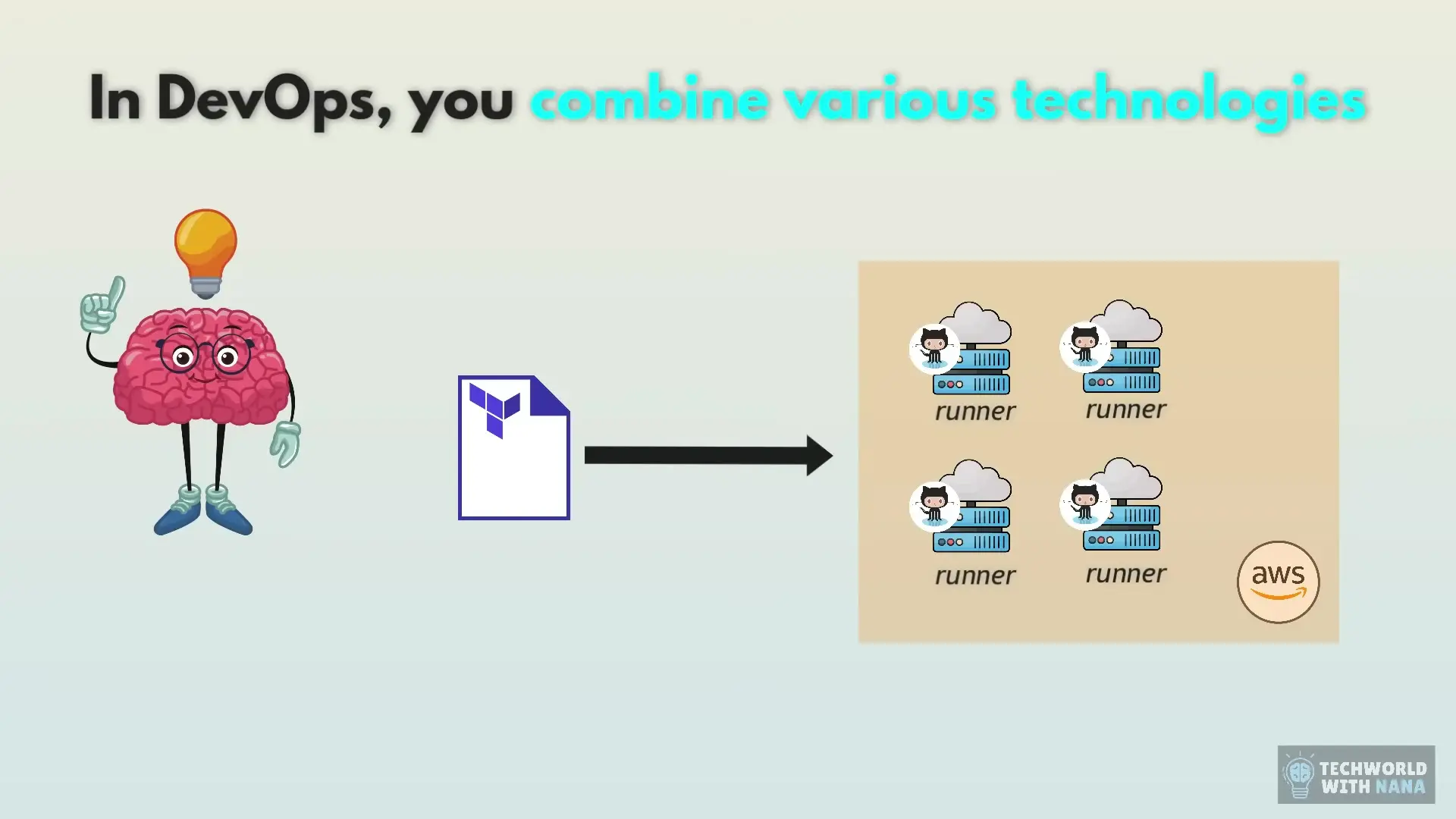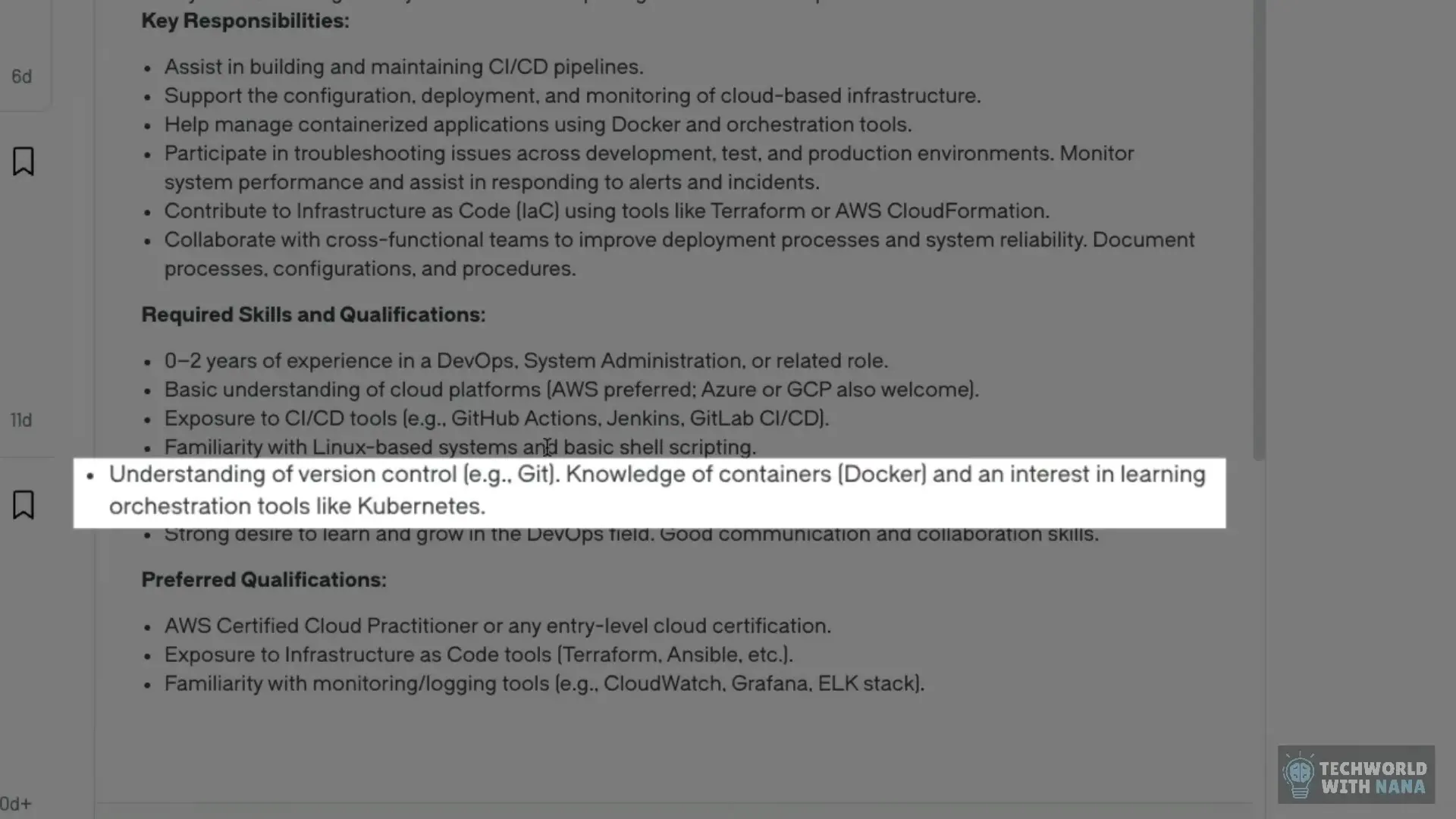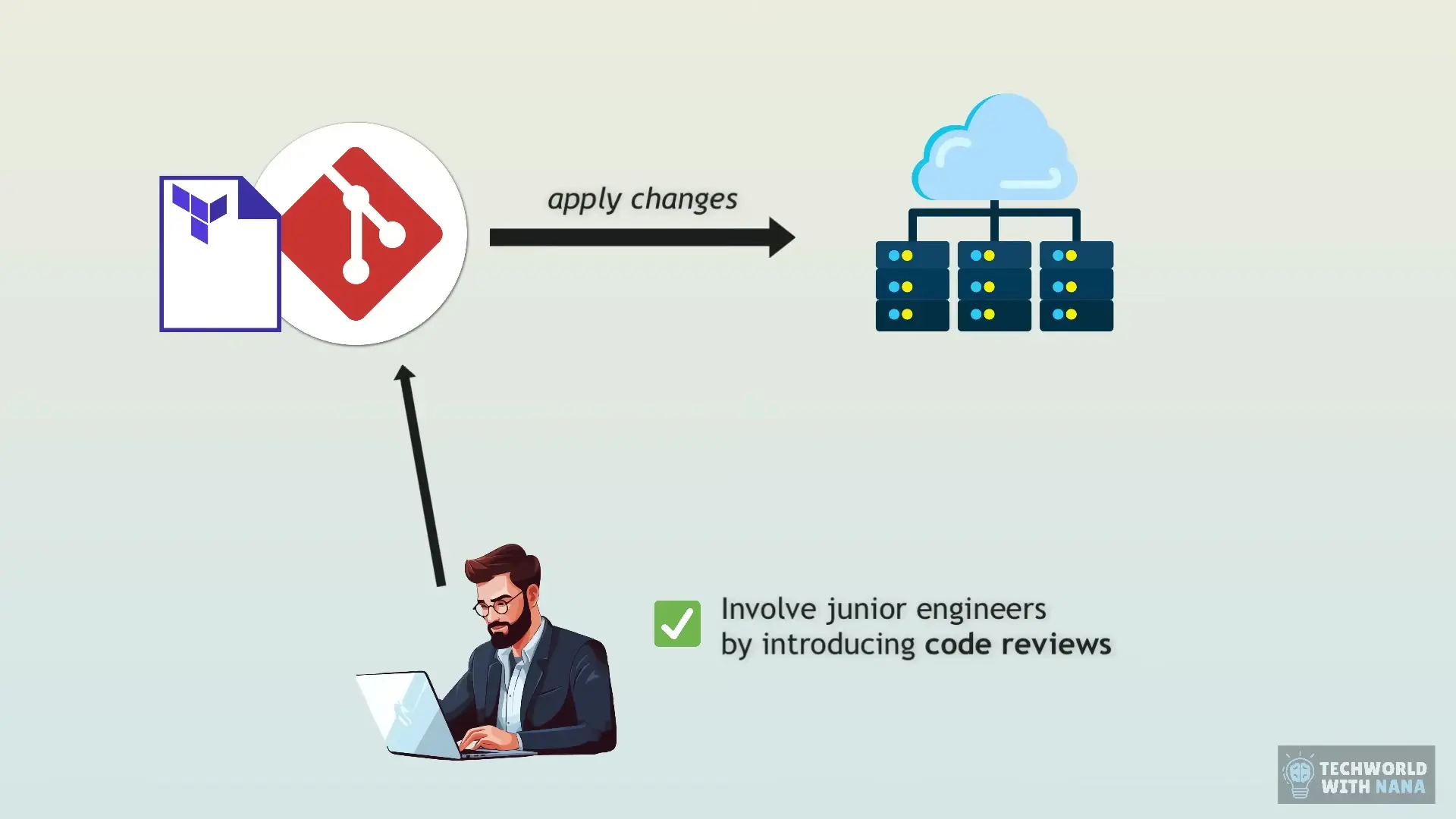
The DevOps job market continues to grow rapidly, with companies across the globe seeking skilled professionals who can bridge the gap between development and operations. But what specific skills are employers actually looking for? Rather than relying on opinions or outdated information, I've analyzed DevOps job postings from multiple countries to identify the most in-demand DevOps skills that can make you valuable in today's job market.
Why DevOps Engineers Are Highly Sought After
DevOps engineers remain among the highest-paid IT professionals for good reason - their skills are in demand everywhere. Unlike some specialized roles that may only be needed in specific industries or regions, DevOps expertise is valued globally, from North America to Europe, Asia, and beyond. This universal demand creates exceptional career opportunities for those with the right skill set.
The 7 Most In-Demand DevOps Skills
After analyzing job postings across different countries and seniority levels, these are the skills consistently required by employers:
- CI/CD Pipeline Expertise (Jenkins, GitHub Actions, GitLab CI)
- Cloud Platform Knowledge (AWS, Azure, or Google Cloud)
- Containerization & Orchestration (Docker and Kubernetes)
- Infrastructure as Code (Terraform, CloudFormation)
- Configuration Management (Ansible, Puppet)
- Scripting & Automation (Bash, Python, or Ruby)
- Version Control Systems & Git Workflows
1. CI/CD Pipeline Expertise
Continuous Integration and Continuous Delivery (CI/CD) is the backbone of DevOps. Even companies that don't use infrastructure as code or public cloud services will almost certainly implement CI/CD pipelines. As a DevOps engineer, you'll be expected to design, implement, and manage these pipelines using tools like Jenkins, GitHub Actions, or GitLab CI.

For senior positions, employers expect more than just the ability to write pipeline code. You should understand the architecture of CI/CD systems, including how to configure runners, optimize workflows, and integrate with other tools in the DevOps ecosystem.
2. Cloud Platform Knowledge
Experience with at least one major cloud platform is consistently required across job postings. While AWS appears most frequently, many employers will accept experience with Azure or Google Cloud Platform as well, recognizing that the core concepts transfer between platforms.
For junior positions, a basic understanding of cloud services may suffice, but senior DevOps engineers are expected to have deep knowledge of cloud architecture, security best practices, and cost optimization strategies.
3. Containerization & Orchestration
Docker and Kubernetes have become standard technologies in modern systems. Nearly every DevOps job posting mentions these skills, reflecting how containerization has transformed application deployment and management.

As a DevOps engineer, you'll often be the go-to expert for container technologies, helping software engineers and other team members understand how to effectively use Docker and Kubernetes. This requires not just basic knowledge but a deep understanding of container orchestration concepts.
4. Infrastructure as Code
As systems become more complex, manually managing infrastructure becomes impractical. That's why tools like Terraform have become essential for DevOps engineers. Infrastructure as Code (IaC) allows you to define, provision, and manage infrastructure through code rather than manual processes.
While some job postings list IaC as a preferred qualification for junior positions, it's increasingly becoming a required skill, especially for mid-level and senior roles.
5. Configuration Management
Configuration management tools like Ansible and Puppet appear frequently in job requirements. These tools complement infrastructure provisioning by handling the configuration of servers and applications once they're deployed.
Understanding when to use configuration management tools versus infrastructure provisioning tools is an important part of a DevOps engineer's knowledge base.
6. Scripting & Automation
Automation is at the heart of DevOps, and scripting languages are the tools that make it possible. Most job postings require knowledge of at least one scripting language, with Bash and Python being the most commonly requested.
Many DevOps engineers come from IT operations backgrounds and may be comfortable with Bash scripting but less familiar with programming languages like Python. However, learning a proper programming language significantly enhances your automation capabilities and makes you more valuable as a DevOps professional.
7. Version Control Systems & Git Workflows

While Git might seem like a basic requirement, proficiency with Git workflows in a team environment is essential for DevOps engineers. This includes understanding branching strategies, code review processes, and integrating version control with CI/CD pipelines.
For engineers coming from backgrounds other than software development (like IT operations or networking), gaining experience with collaborative Git workflows is particularly important.
Entry-Level vs. Senior DevOps Requirements
The job market analysis reveals interesting differences in expectations based on seniority level:
- Junior positions often use terms like "basic understanding," "familiarity," or "exposure to" when describing required skills
- Entry-level roles may list Kubernetes as a "nice-to-have" skill rather than a requirement
- Senior positions expect "proficiency" and the ability to architect complex systems using multiple integrated technologies
- Senior DevOps engineers should be able to optimize CI/CD pipelines, build reusable workflows, and migrate legacy systems to modern DevOps practices
How to Develop In-Demand DevOps Skills
If you're looking to build or enhance your DevOps skill set, consider these approaches:
- Start with CI/CD concepts and tools, as they form the backbone of DevOps practices
- Learn at least one major cloud platform thoroughly (AWS is the most commonly requested)
- Gain practical experience with Docker and Kubernetes through personal projects if you don't have work opportunities
- Develop scripting skills in both Bash and a programming language like Python
- Practice infrastructure as code with Terraform by setting up and managing your own cloud resources
- Contribute to open-source projects to gain experience with collaborative Git workflows
Remember that DevOps is not just about individual tools but about understanding how these technologies work together to create efficient, automated workflows. The most valuable DevOps engineers can combine multiple tools to build comprehensive solutions.
Conclusion: The DevOps Skill Set Is Globally Consistent
One of the most interesting findings from this analysis is how consistent DevOps skill requirements are across different countries and regions. Whether you're looking at job postings in the United States, Europe, India, or Brazil, the core technologies and concepts remain remarkably similar.
This global consistency is excellent news for DevOps professionals, as it means your skills are transferable worldwide. By focusing on the seven key skill areas identified in this analysis, you can build a DevOps skill set that will make you valuable to employers anywhere in the world.
The DevOps field continues to evolve, but these fundamental skills provide a solid foundation that will remain in demand as companies increasingly adopt DevOps practices to improve their software development and deployment processes.
Let's Watch!
7 Most In-Demand DevOps Skills Companies Are Hiring For Now
Ready to enhance your neural network?
Access our quantum knowledge cores and upgrade your programming abilities.
Initialize Training Sequence